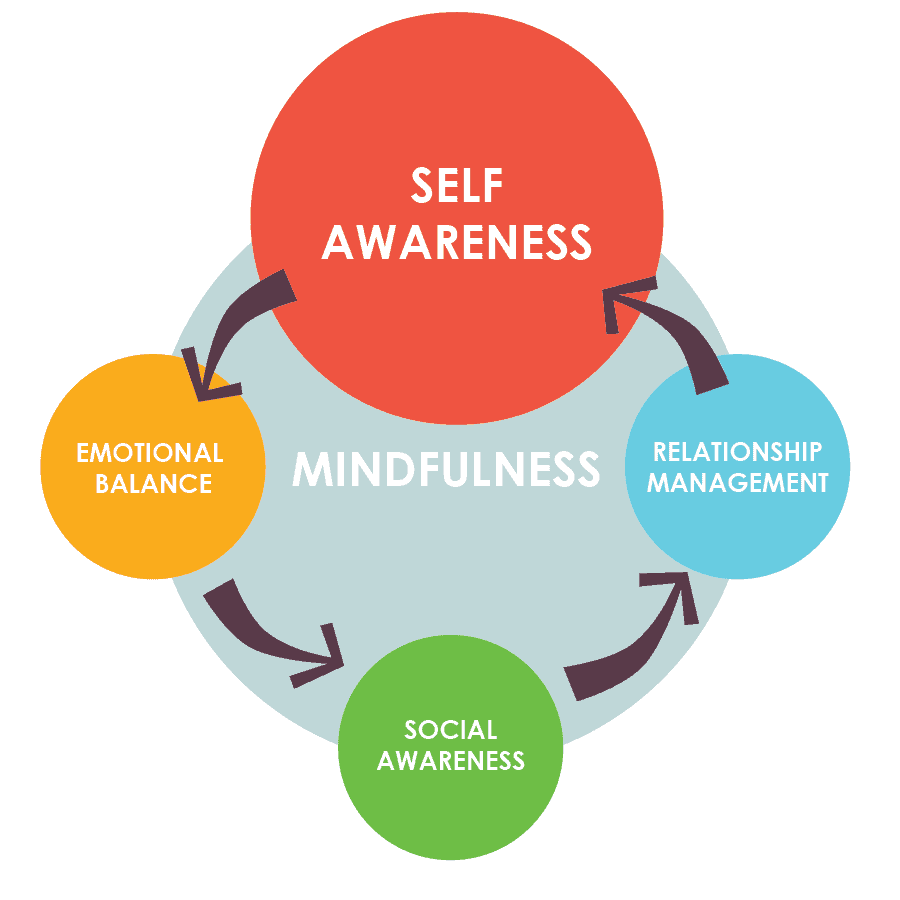
Find ways to reward emotion management successes so that they will become more frequent.ĭunn EC, Nishimi K, Gomez SH, Powers A, Bradley B. If you see your child acting in ways that are positive for emotion management, comment on those positive behaviors. If your child has a diagnosed disorder, they may be on a special education plan that allows accommodations or gives them extra help. Talk about the strategies that you use at home and how your child might need extra help in the classroom or reminders on how to calm down. If your child is in school, it is also important that you talk to their teacher about their problems with emotion regulation.

Rather, the best option is to model the desired behavior yourself that you want them to adopt. In addition, the best way to teach your child how to manage their emotions is not to demand that they behave in a certain way or punish them for acting out. When you are better able to manage your own distress, then you will be able to offer the most support to your child.

Do you have a mental disorder or have you struggled with your own emotion regulation skills? If so, you and your child might benefit from you receiving treatment or therapy to build up your own resilience. Having a supportive and reliable parent figure in their life will help to protect them against problems with emotional dysregulation.

Your child also needs to know that they can reach out to you for help and comfort when needed.


 0 kommentar(er)
0 kommentar(er)
